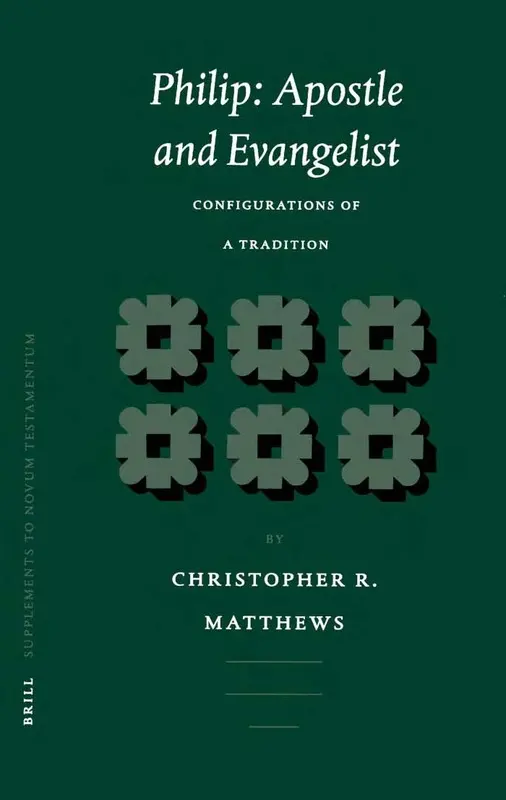
Philip. Apostle and Evangelist.
Configurations of a Tradition
Matthews C.R.
Год :2002 Язык :Английский Категория :+ Не только о гнозисе Скачать : PdfПоддержать :
This study investigates the history of the traditions that coalesced around the name Philip in the New Testament and other early Christian literature. It proposes that all of this material ultimately owes its genesis to one historical and literary figure, Philip the apostle. This proposition is explored through a wide-ranging examination of the evidence: Luke’s redactional This study investigates the history of the traditions that coalesced around the name Philip in the New Testament and other early Christian literature. It proposes that all of this material ultimately owes its genesis to one historical and literary figure, Philip the apostle. This proposition is explored through a wide-ranging examination of the evidence: Luke’s redactional employment of traditional materials about Philip the apostle in Acts 8:4-25 and 8:26-40, the evidence of the canonical Gospels, the second-century perspective on Philip as an apostolic authority figure invoked to legitimate various Christian practices, Philip’s apostolic authority in “gnostic” documents for the transmission of the revelatory teaching of Jesus, and the Acts of Philip as a witness to the formation of Christian culture in the earliest centuries. While historical issues are considered where possible, the focus is on the life of the traditions and their reception.





